Are you a real history buff and are you looking for the best history museums to visit in Oyster Bay? These are the ones:
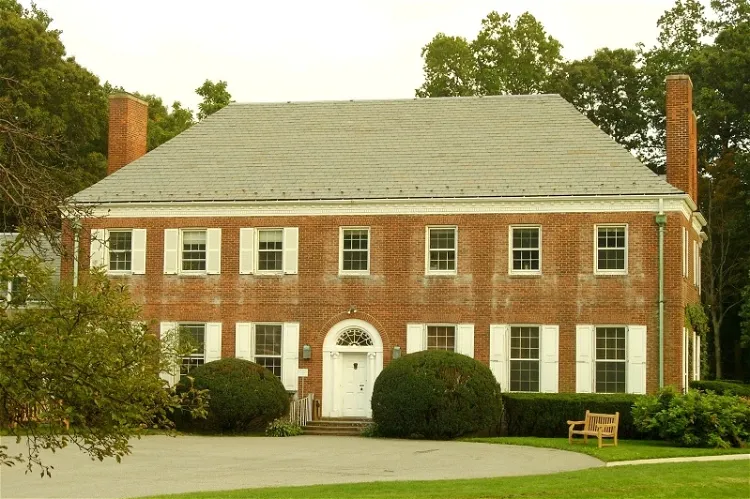
Theodore Roosevelt Museum at Old Orchard - Sagamore Hill
Oyster Bay, NYSagamore Hill, located in Cove Neck, New York, served as the home of the 26th president of the United States, Theodore Roosevelt, from 1885 until his death in 1919. The historic site is situated near Oyster Bay on the North Shore of Long Island, approximately 25 miles east of Manhattan. This location offers visitors a chance to explore the former residence of one of America's most influential presidents in a serene and picturesque setting.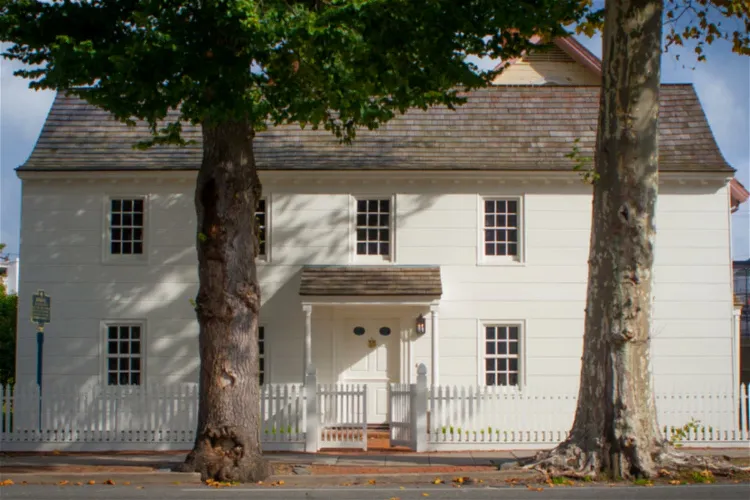
Raynham Hall Museum
Oyster Bay, NYToday, Raynham Hall is owned by the Town of Oyster Bay and is operated as a public museum by the Friends of Raynham Hall Museum, Inc. This organization is dedicated to preserving the house and its history, and to providing an educational and engaging experience for visitors. The museum offers guided tours, exhibits, and events that bring the history of the Townsend family and Oyster Bay to life.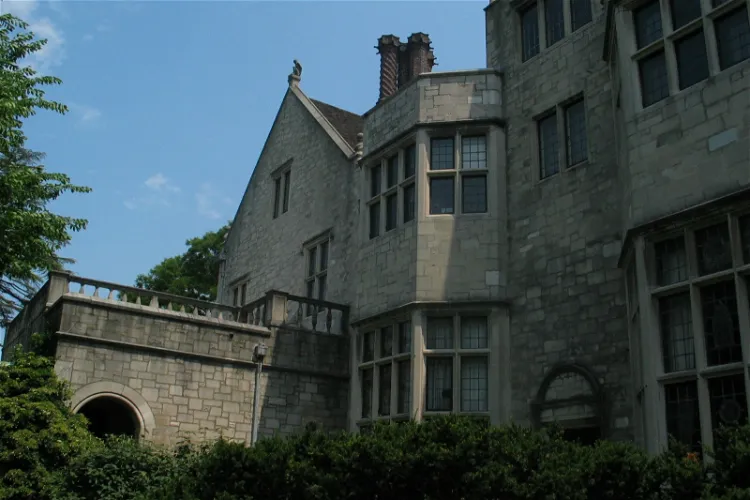
Planting Fields Arboretum State Historic Park
Oyster Bay, NYThe Planting Fields Arboretum State Historic Park, which also includes the Coe Hall Historic House Museum, is a significant attraction for tourists. This arboretum and state park spans over 400 acres and is situated in the village of Upper Brookville in the town of Oyster Bay, New York. The park is a testament to the rich history of the area and offers a unique blend of natural beauty and architectural elegance.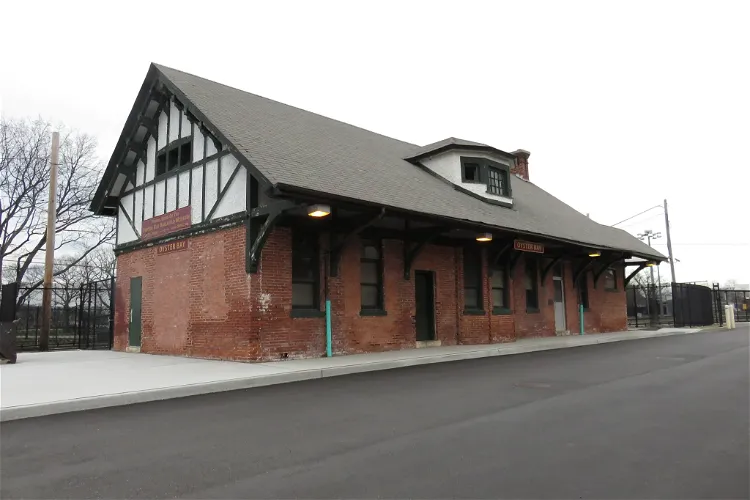
Oyster Bay Railroad Museum
Oyster Bay, NYThe original Oyster Bay station, which opened on June 24, 1889, is a significant historical site. It was remodeled in 1902, and the station's architecture and design reflect the period's style. Visitors to the Oyster Bay Railroad Museum can explore this historic station and learn about its transformation over the years.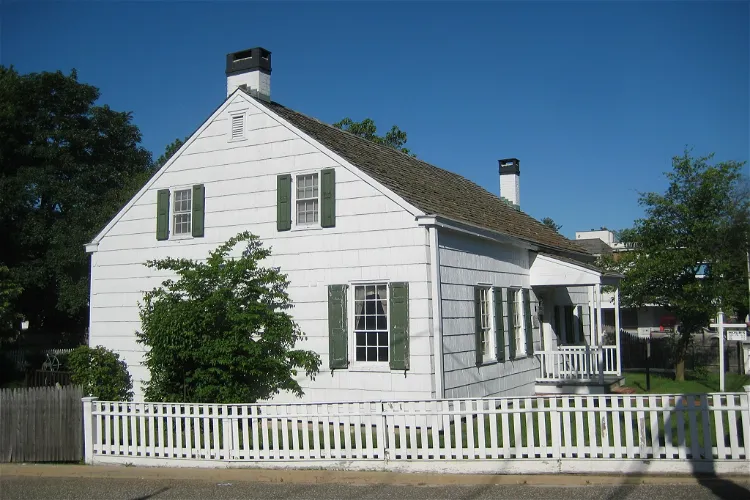
The Earle-Wightman House and Garden
Oyster Bay, NYThe Oyster Bay Historical Society operates the Earle-Wightman House as a museum. Two rooms in the house are dedicated to interpreting the periods 1740 and 1830, providing visitors with a unique opportunity to experience the living conditions and lifestyle of those eras.